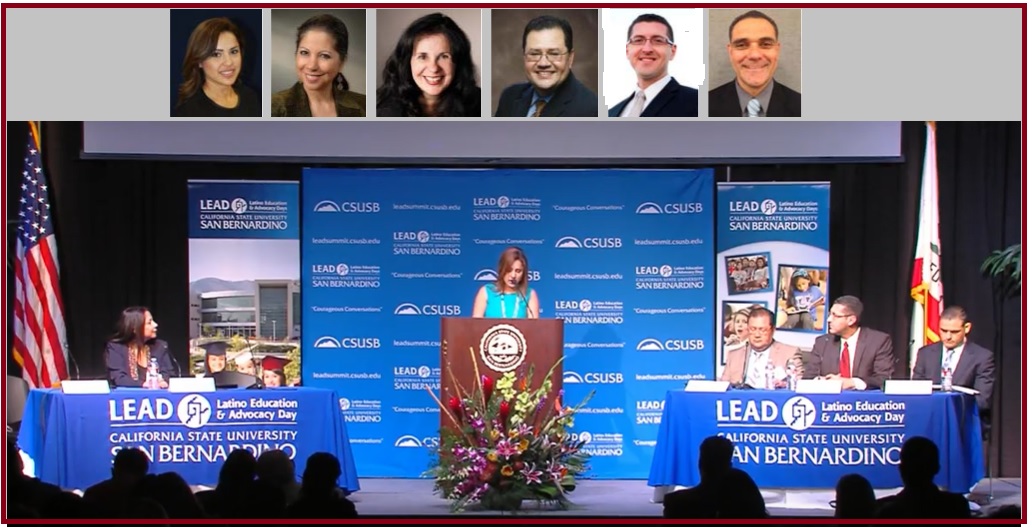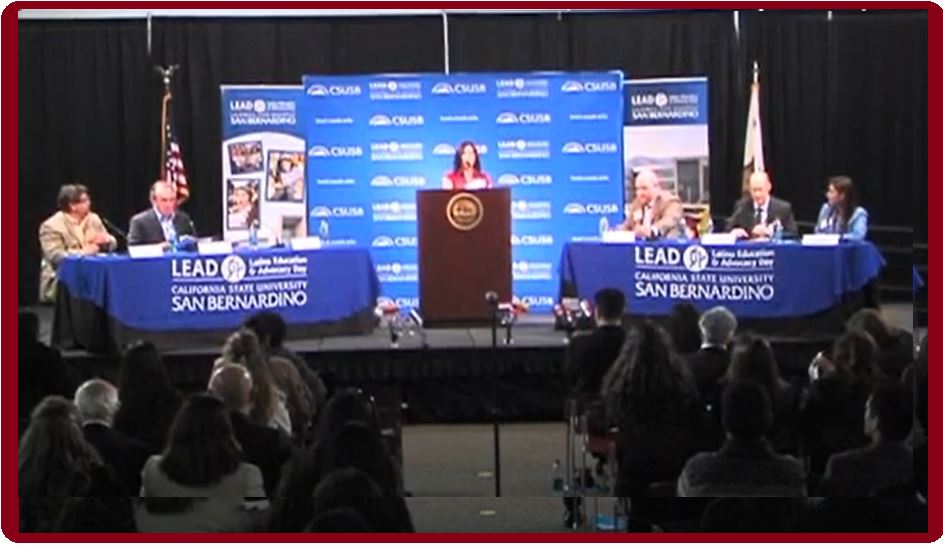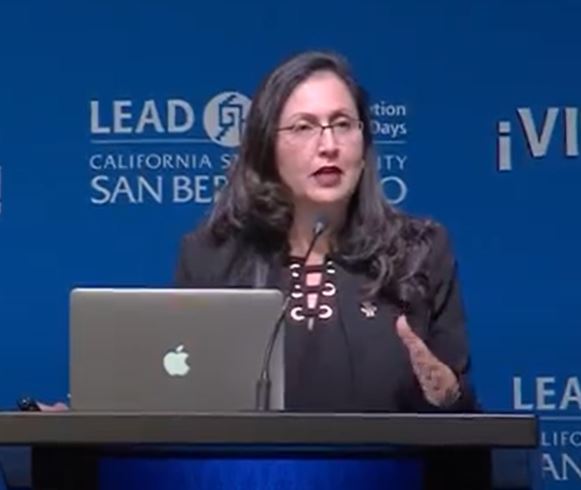Catholic schooling began in the 1800’s “in a spirit of protest,” when Church leaders objected to the discrimination of Catholic children, and did not want their children indoctrinated in Protestant and secular settings. Disregarded and denigrated by state legislatures, the Church leadership turned to its congregations, demanding that every parish build and support a school and that all Catholic families enroll their children in their parochial school. The result was the largest private school system and alternative to public schooling in the U.S. In many communities, parochial schools are entirely supported by a largely working-class minority population. Parents scrimp and save to send their children to parochial school because it matters to them and they want it to make a difference in the formation of their children.
For many working-class families, the Catholic schools are the only alternative to public schools that they can afford. And in many areas of the city, the parish school down the street has become the neighborhood school. Additionally, the enrollment of non-Catholic students in Catholic schools has been rising nationwide for the last several decades. Collaboration exemplifies the wide support for accessibility to Catholic Education in many of our communities, where the U.S. Catholic School system has historically produced successful students from immigrant, poor and medium-income family backgrounds. The mission of Catholic Schools is to provide the skills to successfully complete high school and prepare students for college. While Catholic Schools are not equipped to provide education for students with special needs, the curriculum does include scaffolding, differentiation and adaptation to meet the student where they are with the interest of moving him/her forward with learning and comprehension skills. Successful professionals across disciplines can be found anywhere and in great numbers you might find that their education has a Catholic School base.
Studies have demonstrated that anywhere in the U.S., for example, a Latino student who attends Parochial School has 45% increased chances of graduating, in comparison to his/her counterpart in the public school system. These schools also have great success promoting students from Catholic elementary schools onto Public high school, where students are able to succeed because Catholic schools are known to teach good study habits and develop student values that make them a good role model and positive influence in any environment. In full circle and in the similar spirit of protest that began Catholic schooling, leaders are now called to ignite Church concerns related to the material and cultural discrimination of Latino and African American communities today.
This to suggest that the Church must take a proactive leadership role in creating the conditions by which undeserved communities can reflect and act upon the importance of education. How are Catholic Schools successful? What are the influencing factors to their success and why is Catholic School a viable option for parents? Why does this financial investment make sense? How can Public and Catholic Schools continue collaborating for the success of our cities, towns?
Introduction / Moderator:
- Sharon Pierce School Administrator, Lighthouse Christian Academy Doctoral Candidate, Educational Leadership Program, CSUSB
Panelists:
- Delila A. Vasquez President, San Bernardino Catholic Elementary Schools
- Carla Ford Brunner Senior Account Executive, Inland News Papers and Board Chair, San Bernardino Catholic Elementary Schools
- Maria Echeverria Vice Chancellor, San Bernardino Diocese, Former Catholic Schools Parent
- Madeline G. Thomas Principal, Resurrection Academy, Fontana
- Robert Villaseñor Member, Catholic Association of Latino Leaders (CALL), Vice President, Deposit Relationship Manager, ProAmerica Bank

The quality of the future U.S. labor market depends on both education and job skills, and, if the United States wants to remain competitive,...

LEAD Replay180 Forum - “The NetRoots Movement: the LEADing edge in Innovating, Applying, and Enhancing Technology to Leverage Latino Education and Advocacy” Season 3...

This panel will discuss the state of Latinas in education, including the challenges and opportunities for engaging and supporting Chicanas/Latinas across the P-20 education...